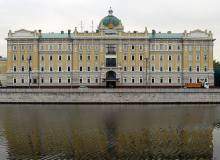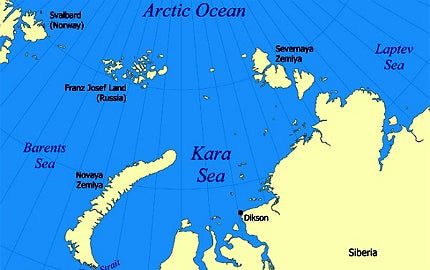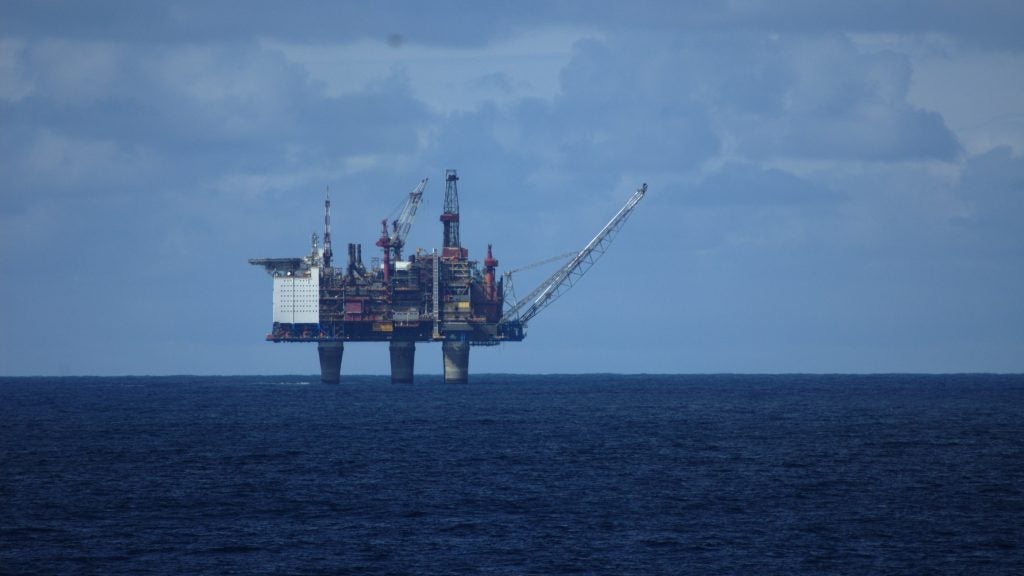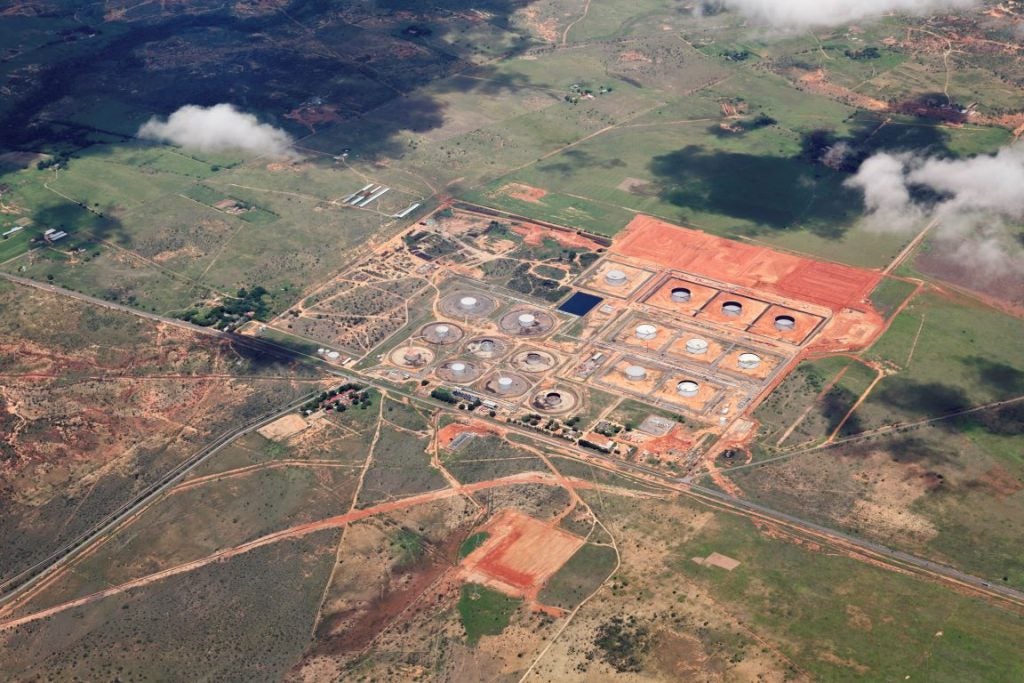
A proposal by the Russian Ministry of Energy to open Arctic waters to foreign oil companies could end years of government control over offshore licenses.
Under Russia’s traditional energy policy, only state-owned giants Gazprom and Rosneft were granted approval to explore the icy seas.
Now, in a bid to maintain domestic oil production of ten million barrels a day, energy minister Alexander Novak says foreign companies could not only operate offshore projects but could soon "have access to production" and be "co-owners of licenses".
But with hydrocarbons amounting to more than 50% of overall budget revenues in Russia, can the country trust Western oil majors with these critical assets?
See Also:
And after Rosneft’s president Igor I. Sechin lobbied for exclusive access to 14 new exploration zones in the Arctic – a plan backed by Russian president Vladimir Putin – is Novak’s proposal for more private ownership in the country’s economy just a pipe dream?
How well do you really know your competitors?
Access the most comprehensive Company Profiles on the market, powered by GlobalData. Save hours of research. Gain competitive edge.

Thank you!
Your download email will arrive shortly
Not ready to buy yet? Download a free sample
We are confident about the unique quality of our Company Profiles. However, we want you to make the most beneficial decision for your business, so we offer a free sample that you can download by submitting the below form
By GlobalDataForeign involvement in Russian oil exploration
In 2011, Russia became the largest producer of oil after successfully developing major onshore reserves in West Siberia. But with production in this area now declining, the country is looking to explore its north territories, including the South Barents Basin and south Kara Sea, and east Siberia’s Chukchi and Laptev seas, where the size of some blocks are comparable to the North Sea in its entirety.
Minister Novak told delegates at the Gastech 2012 conference in October that Russia will need $500bn to develop its Arctic shelf by 2050, but without adequate financial resources or crucial offshore technologies, the country may struggle to develop these hard-to-reach reserves alone.
Wood Mackenzie lead analyst for Russia Ian Thom explains: "Russia’s history is pretty much dominated by onshore projects so there is a recognition that foreign companies can bring technologies and if Russia is going to be serious about progressing [in the Arctic], it needs to incentivise international companies and the best international companies with the best experience."
Arctic exploration deals were signed between Rosneft and ExxonMobil and Italy’s Eni in April this year, and the state-owned company still has 14 licenses for which it is yet to find international partners.
Russia’s control over offshore projects
Both Novak and Deputy Prime Minister Arkady V. Dvorkovich have proposed a policy shift that would open some Arctic oil fields to private owners. But this idea has since been rejected by Putin, who is hoping to reverse the privatisation of the country’s energy industry, and expand Rosneft into a super-major oil company.
Essentially, Russia has welcomed investment from foreign and private companies, but there are strings attached, says IHS Energy senior energy analyst Andrew Neff.
"As long as Russia is so dependent on oil and gas revenues, it needs to maintain control over the projects to deliver those revenues," he says.
"The government has said previously that offshore licenses go to the state-owned oil and gas companies and therefore Rosneft is using that leverage to take on a partner in these projects which Rosneft couldn’t do on its own. Rosneft is expanding its international portfolio and getting something for nothing, essentially," adds Neff.
So will foreign and private investors ever own offshore oil licences in Russia?
"I doubt it. Not in this administration," says Neff. "Putin came to power with the idea that if you come from a history where you’re somewhat suspicious of the market, having a state role to make sure that the sector achieves the aim of the state actually makes sense."
TNK-BP deal: what it could mean for Rosneft
Novak told reporters at the Gastech conference that in order to attract foreign investment, there needs to be "considerable change of the government’s approach to enable the development of those reserves that are today not quite profitable", such as those offshore in the Russian Arctic.
But while the energy minster is encouraging a change in the Kremlin’s attitude, Rosneft is poised to acquire BP‘s stake in TNK-BP – Russia’s third-largest oil producer – under a deal that will give the state-owned company even greater control over Russia’s energy reserves.
Under the terms, BP will swap its 50% partnership with AAR, a group of Russian billionaires, in exchange for a 20% stake in Rosneft.
If the transaction goes ahead, Rosneft is likely to become the biggest stock market-listed oil company in the world, while BP will become the second biggest investor in the company. So is investing in a Kremlin-controlled company the best way forward for BP, or indeed any private company?
Neff seems to think so. "BP’s Arctic alliance that it had tried to form with Rosneft last year signalled to me that rather than partnering with a local, private investment consortium, partnering with a state company is a trade up," he says.
"So you can say that this deal is increasing BP’s exposure to Russia, but on the other hand I would argue that it’s improving the security of BP’s investment in Russia by partnering with a state company. And given that Rosneft holds the most licenses and the most untapped potential and the most growth prospects, for as much as you may see the risks, BP sees the opportunities and has a clear desire to expand its exposure in Russia."
It seems that despite Russia’s determination to exert control over its oil assets, the country is still highly attractive to foreign firms.
"With a little bit of appraisal activity or new technologies to increase recovery factors, you can add hundreds of millions of barrels of oil to your reserves base," explains Thom. "I think Russia is one of the few places where you get pretty significant reserves."
Related content
Shtokman Gas Condensate Deposit, Russian Federation
The Shtokman gas condensate deposit lies in the Barents Sea, north Russia.
Lukoil’s Kravtsovskoye (D-6) Oil Field, Russian Federation
Lukoil’s Kravtsovskoye (D-6) oil field is located in the Russian sector of the Baltic Sea.
Yuri Korchagin Field, Caspian Sea
The Yuri Korchagin field is located in the Russian waters of the North Caspian Sea at a sea depth of 11-13m.







